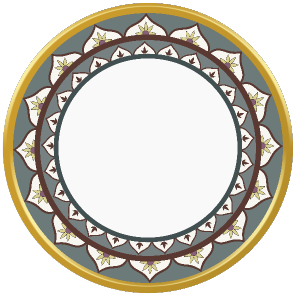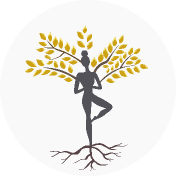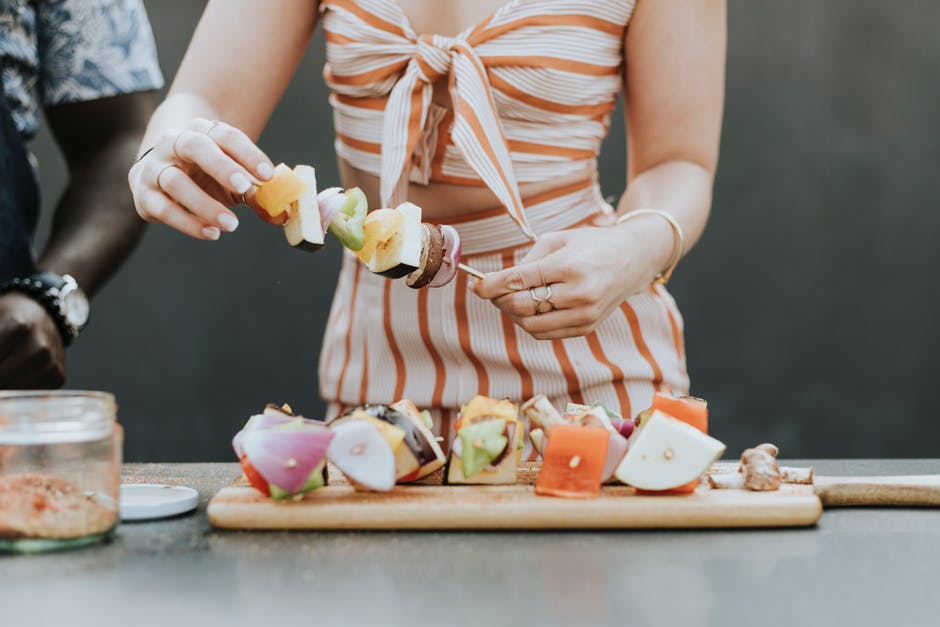

0


0

FOOD
By Avni Kaul
5 March, 2019

If you have resolved to become a vegan this year, you need to make an informed choice about what is it that you are getting into.
What Is Veganism?
Veganism is a type of vegetarianism the followers of which do not consume animal products of any kind. Boxer David Haye and tennis champion Venus Williams are two high profile athletes who promote veganism.
A lot of people follow a vegan diet due to their ethical beliefs. These diets have sufficient carbohydrates, fiber, micronutrients, phytochemicals, and antioxidants but have fewer calories, protein, fat, Vitamin B12 and 3, fats, calcium and iodine than omnivorous diets. I might be opening a can of worms, but I can say with confidence, that a vegan diet is not a balanced diet.
Vegans believe that humans can derive whatever nutrition they need from non-animal products, Vegans, therefore, do not eat meat, poultry, seafood, dairy products like milk, cheese, butter, cream, dahi etc. or even honey and anything that is derived from animals or made by them. With the limited options available to a vegan, it is important to consult a trained nutritionist who can make a healthy diet plan to include as many nutrients as possible and then recommend supplements if needed.
Why is it challenging?
It is challenging to plan a healthy nutritious diet for vegans which should include protein, Vitamin B12, iron, zinc, calcium, iodine and Vitamin D. Supplements of creatinine should be included as well. Athletes especially may feel the lack of energy because their absorption of nutrients is not enough. However, with smart diet planning, a vegan could also have a nutritious and balanced meal. It is important that the vegan diet is planned in such a way that all dietary requirements are fully met.
It is difficult to be a vegan anywhere in the world as it is in India despite the fact that we have an alternate vegetarian culture too.
Healthy Substitutes to Animal Products
Vegans need to ensure that they're getting enough vitamin B12, calcium, iron, and zinc. The Academy of Nutrition and Dietetics warns of the risk of vitamin B12 deficiencies in vegetarians and vegans. Vitamin B12 is found naturally only in animal products. There can be many reasons for low levels of Vitamin B12 but vegetarians and vegans have a higher risk of deficiency, especially if they are not taking any supplements. Vitamin B12 is needed mainly for protein metabolism and for making red blood cells that transport oxygen. It is also important for the nervous system. So a deficiency of Vitamin B12 can lead to anemia and in more serious cases, infertility, bone disease, and heart disease. The daily recommended intake of Vitamin B 12 is 2.4 mcg per day for adults, 2.6 mcg per day during pregnancy and 2.8 mcg per day while breastfeeding. The only way for vegans to attain these levels is by eating B12-fortified foods (such as plant milk, soy products, breakfast cereals, and nutritional yeast) or taking a vitamin B12 supplement. B12-fortified foods commonly include. Calcium is another nutrient vegans are deficient in because they are not consuming dairy at all. So calcium supplements are a must.
Vegans also must include lots of lentils and legumes in their meals if they cook at home. Vegetable oil is also a nutritious cooking medium for vegans.
Dairy products can be substituted with high protein soya products which are easily available and not too expensive either. Soya paneer or tofu is a good option to cottage cheese.
Sesame seeds, almonds, and fresh green leafy vegetables can provide vegans with sufficient calcium. Soya milk fortified with Vitamin B12 is a very healthy option too. Animal milk can be substituted with coconut milk, almond milk, and cashew milk though these are not easily available and can be expensive. Fruit-based gelatos can replace ice creams if you have a sweet tooth.
The other nutrient vegans can be deficient in is iron. Iron is a nutrient used to make new DNA and red blood cells, as well as carry oxygen in the blood. It's also needed for energy metabolism. Vegans should aim to eat more of cruciferous vegetables, beans, peas, dried fruit, nuts and seeds as these will supply the necessary iron. Cereals, enriched bread and some plant milk are also fortified with iron and should be included in the diet. Another trick that vegans should follow is to cook in cast-iron vessels. Avoid combining tea or coffee with means as this reduces the absorption of iron. Consumption of vitamin C either naturally (through amla, lemons, capsicum etc) or through supplements also helps boost iron absorption.
For more such interesting content, follow us on Facebook, Instagram, and Twitter.